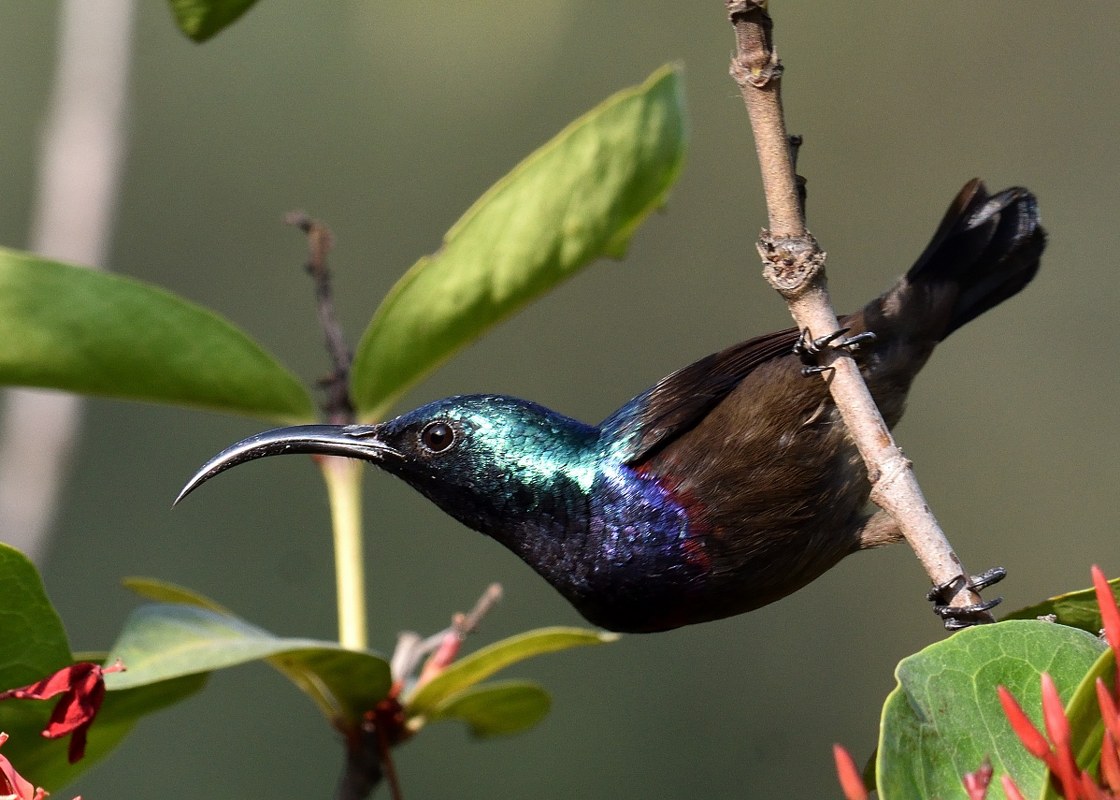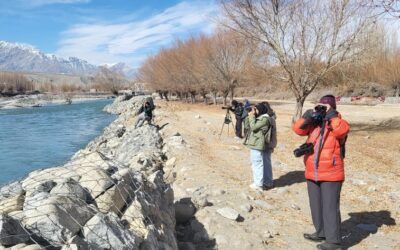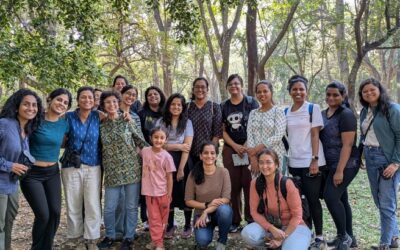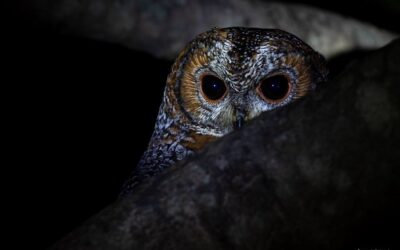Each year, eBird updates the base eBird/Clements checklist to take into account any changes resulting from newly discovered species or better taxonomic understanding — including species splits, lumps, name changes and changes in sequence. In addition, various new helpful options for data entry for birds that cannot be identified to species are added, e.g. spuhs, slashes, hybrids, and domestic forms.
The 2016 update for the global eBird/Clements checklist is now available, and has been implemented in eBird. This has also impacted a number of birds in the subcontinent.
For your reference, we have collated the names of the 1,305 species known to occur in India into an Excel file. For each of these species, the eBird default name, the ‘English (India)’ name, the eBird scientific name, and a link to the species map on eBird is given. Also, for each species, the English and scientific names under three other taxonomies is given: the Indian BIRDS name, International Ornithological Committee, and BirdLife International. Many thanks to Praveen J, R Jayapal, and Aasheesh Pittie for compiling the master list based on which this file was generated.
There are separate worksheets within the file (Download .xls – 600kb) (Download .xlsx – 200kb) that list all the spuhs and slashes relevant to India as well.
Header Image: Loten’s Sunbird (Long-billed Sunbird) Cinnyris lotenius © Mallika Rajasekaran/ Macaulay Library





This is very useful. Thank you all for your careful work and for sharing these files.